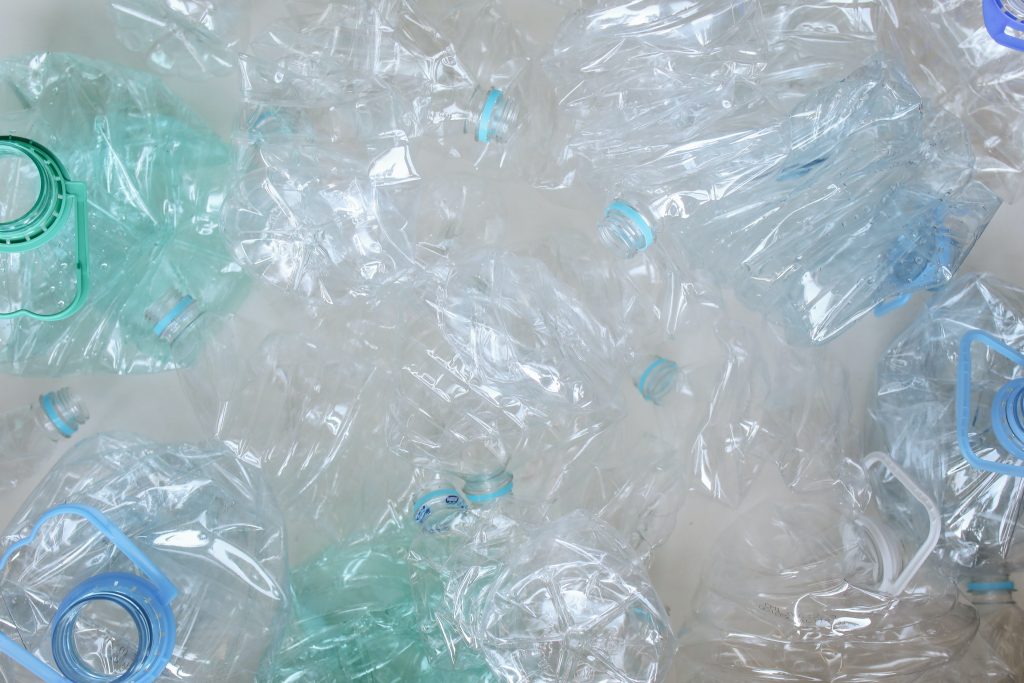Your business might be losing some revenue if recycling is not a huge part of its source of revenue or spending. Apart from saving the environment, businesses that recycle end up with the ability to offer more chances of employment and reduce waste costs. Regardless of the industry you are, whether you are within the healthcare and injury prevention area, a handyman business or more specifically, something like a drain cleaning services industry or a manufacturing and distribution company, recycling is important. Here are ways of ensuring a business enjoys the gains of recycling, and eco- friendliness.
Conduct Comprehensive Waste Paper Audit
Different materials can be reused and recycled. The common items like cans, glass, and paper that you can recycle are not always biodegradable. Apart from their types, the amount your business will generate from recycling them depends on the waste stream’s value. However, entrepreneurs should perform a comprehensive waste paper audit. This audit helps to decide the best waste stream and a strategy for collection and management. Also, the waste paper audit helps to determine when each waste stream is due for recycling under your state’s laws. Depending on the wastage of your company, you may need to look into specific disposable methods. For example, a blocked drain plumber may need to find the specifics on the disposing of broken and damaged pipes, just as a hospital may have to look into the correct way of recycling a hospital mattress. Recycling for different companies is circumstantial, thus needs further research and clarification.
Get the Support of Employees
The ‘carrot and stick’ approach for employees to produce impressive results. Apart from the ‘stick’ approach, reward employees that support recycling and eco-friendliness. However, the organization should create waste-default fees for employees that are not in support of the recycling business. This strategy will force them to produce less waste and the company’s recycling program. Paper is the most common waste stream in offices. While involving the workforce to support this new line of business, keep paper recycling bins under each employee’s desk. In workplaces, copying machines and printers generate more paper waste. These spots should have recycling bins for paper. Also, place bins for beverage containers in the company’s kitchenette or cafeteria. These strategies make it more likely to trash recyclables in respective bins.
Use Labels
Sorting recyclables in bins are the first phase of waste management service. Labelling is essential even if your company needs to invest in recycling containers. However, it saves your business money, in the long run, to use its old copy machines to produce labels. The use of labels and respective photos of recyclable items makes it easy to locate the right bins. Additionally, colour coding or signs on your recycling bins are easy for people to understand and comply. There might be physically-challenged employees that will need special labelling to help them dispose of recyclables appropriately. Your company can make unique labels of raised prints that can help this category of workers to dispose of their wastes.
Appoint Recycling Supervisors
After creating a recycling program for your business, designate recycling supervisors to monitor the progress. The performance report of waste streams can help your company negotiate with the waste management authority for a lower fee. It is reasonable to consider your profit and viability of any business before making informed decisions. Recycling supervisors with business management experience are crucial to success.
Incorporate Recycling Into Your Employee Handbook
It is easy for the workforce to participate in recycling if the HR department designs handbooks for employees. Usually, the handbook contains codes of conducts, ethics, do’s and don’ts of any organization. Handbooks are issued after inducting new employees into the workforce. Also, the Human Resources department can discuss the new recycling initiative at company meetings. Gradually, it will become part of the company’s business culture. Introducing the idea of recycling and being environmentally friendly early on in an employee’s tenure with your company will make sure that they are aware of this priority early on. Teaching your team early on the importance of being eco-friendly will not only allow for them to ask questions before they have settled in as an employee, but give them the ability or opportunity to conduct research in their own time at their own pace.
Support Eco-friendliness
It is not enough to propagate your company’s new recycling business. Every stakeholder of the organization must be seen and able to walk the talk. Ask procurement managers to deal with only local suppliers that sell eco-friendly products as this also benefits the environment. Also, the Human Resources department can develop a recycling policy that aligns with your business goals. Apart from orientation programs for new hires, they can create recycling information boards. It will help employees receive updates and newsletters on climate change.





